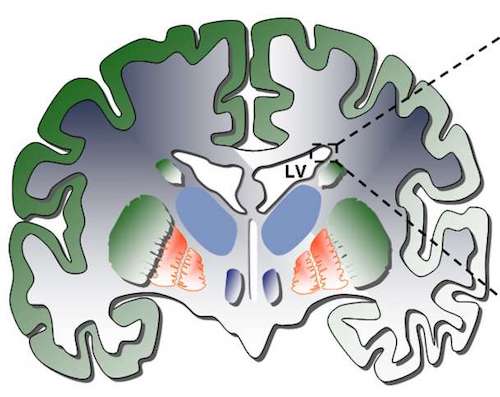
How Exercise Promotes Neurogenesis and Improves Brain Function
How Exercise Promotes Neurogenesis and Improves Brain Function
Neurogenesis, or the growth of new neurons in the brain, is important for learning and memory. Exercise has been shown to promote neurogenesis in the hippocampus, a region of the brain that is critical for these cognitive processes.
Studies have found that exercise increases the production of brain-derived neurotrophic factor (BDNF), a protein that is important for the growth and survival of neurons. BDNF helps to support the development of new neurons and their connections with other neurons.
In addition to promoting neurogenesis, exercise can also help to reduce inflammation and oxidative stress in the brain, both of which can have negative impacts on cognitive function. By promoting the growth of new neurons and improving brain health, exercise can improve overall brain function.
Exercise is a great way to promote neurogenesis and improve brain function.
Neurogenesis is the process by which new neurons are formed in the brain, which can lead to better cognitive function, memory, and learning. Regular exercise has been shown to promote neurogenesis and improve overall brain function in people of all ages. Here's how exercise can benefit your brain:
Exercise promotes neurogenesis
Studies have shown that exercise can promote neurogenesis in the hippocampus, a region of the brain that plays a crucial role in learning and memory. This means that regular exercise can help you form new memories and retain information better. Additionally, neurogenesis has been linked to a reduced risk of cognitive decline and dementia later in life. So, by exercising regularly, you may be able to protect your brain from age-related cognitive decline.
Exercise increases blood flow to the brain
When you exercise, your heart rate increases, and more blood is pumped to your brain. This increased blood flow delivers more oxygen and nutrients to the brain, which can improve brain function. Additionally, regular exercise has been shown to increase the size of the hippocampus, which can lead to better memory and cognitive function.
Exercise reduces inflammation in the brain
Inflammation in the brain has been linked to a range of cognitive problems, including memory loss, brain fog, and depression. Exercise has been shown to reduce inflammation in the brain, which can improve cognitive function and mood. In fact, some studies have shown that exercise may be as effective as medication in treating depression and anxiety.
Exercise promotes the growth of new blood vessels
Regular exercise can also promote the growth of new blood vessels in the brain. These new blood vessels can improve blood flow to the brain and help to deliver more oxygen and nutrients to brain cells. This can lead to improved cognitive function and a reduced risk of cognitive decline later in life.
Exercise can improve mood and reduce stress
Finally, regular exercise can improve your mood and reduce stress, which can have a positive impact on your brain function. Exercise has been shown to increase the production of endorphins, which are natural chemicals that can improve mood and reduce pain. Additionally, exercise can help to reduce levels of the stress hormone cortisol, which can have a negative impact on brain function.
Keep your brain healthy and sharp
My Video Program will keep your brain healthy and sharp. Please Visit The Video Shop. Learn how to play, have fun, and Improve Your Brain.
In conclusion, regular exercise is an excellent way to promote neurogenesis and improve brain function. By promoting the growth of new neurons, increasing blood flow to the brain, reducing inflammation, promoting the growth of new blood vessels, and improving mood, exercise can help you maintain cognitive function and reduce the risk of cognitive decline later in life. So, whether you enjoy walking, swimming, or weightlifting, make sure to incorporate regular exercise into your daily routine to keep your brain healthy and sharp.
See My Videos: Exercise Improves Executive Function and Cognitive Performance





